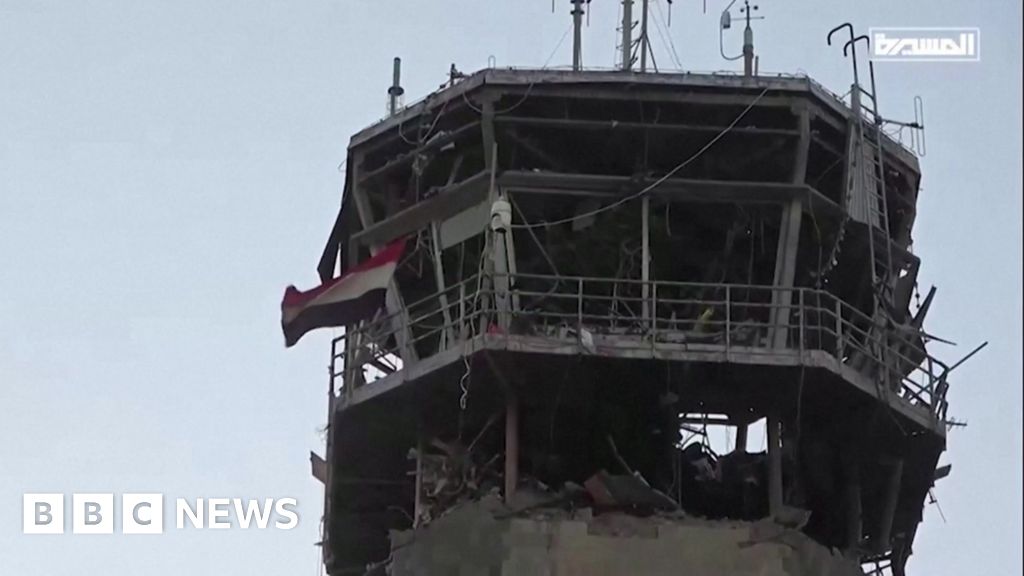A report on federal spending has revealed that agricultural access road projects and electricity installations gulped N17.98bn in 2024.
The data, sourced from BudgIT’s accountability platform GovSpend, focused on spending by the Federal Ministry of Agriculture and Food Security.
It highlighted significant investments in road construction and solar street light installations aimed at enhancing rural infrastructure and boosting agricultural productivity.
The majority of the funds were allocated to emergency road construction projects in Kano State.
Payments to contractors include N920.17m to Adb Valleyfield Nig Ltd for the 4km Kungu-Yatsi road; N769.95m to Amk Visible Solution Nig Ltd for Phase 2 of the 3.7km Lamba-Limami road; and N905.62m to Sai Salamun Nig Ltd for the 4km Gama Quarters road in Nasarawa.
N758.27m was paid to Chilkoa Nigeria Limited for the 3.6km Jankasa-Beguwa road; and N1.15bn to M S T Wada Nig Ltd for the Otuo-Ikhin road in Edo State.
Solar streetlight installation projects also accounted for significant expenditures, including N573.54m to M3 JW Ltd for installations in Kaoje and Ambursa, Kebbi State; N766.71m to Geostrata Wireless Services Ltd for solar streetlights in rural Kano communities; and N712.78m to Delicom Nigeria Limited for solar streetlights in Kunci and Bichi.
Kano State emerged as the primary beneficiary of these projects, receiving multiple road construction and solar streetlight installations across its local government areas.
Notable projects include the 6km Yartsamiya-Kamtakara road, completed by Aj & Kaz Enterprises Nig Ltd at a cost of N1.15bn, and the 7km Daddo-Yallami road, handled by Stocktome Technology Ltd at N1.19bn.
Although Kano State received the largest share of funding, other states also benefited. Edo State saw N1.15bn spent on road reconstruction, while Kwara State received N577.43m for streetlight installations in Ilorin East.
In partnership with the World Bank, the Federal Government allocated $600m to rehabilitate 200,000km of rural roads under the Rural Access and Agricultural Marketing Project.
The Minister of State for Agriculture and Food Security, Sen. Aliyu Abdullahi, noted that the World Bank contributed $500m, while the federal and state governments provided $100m as counterpart funding.
“80 per cent of 200,000km of rural roads are impassable, negatively affecting economic activities in rural areas,” Abdullahi remarked.
He further explained, “This collaboration with the World Bank has been highly successful, prompting almost all states to request onboarding to benefit from this project’s achievements. However, sustainability elements must be incorporated as we move forward.”
The government’s commitment to rural development is reflected in the proposed allocations in the 2025 Appropriation Bill, including N2bn for the provision and installation of solar-powered streetlights in rural communities across the six geopolitical zones (ongoing), N3.59bn for the construction of feeder roads in rural communities across the six geopolitical zones (ongoing), and N1bn for the electrification of agro and rural industrial communities in two geopolitical zones (new).
The report underscored the Federal Government’s focus on addressing rural development challenges. Improved access roads and reliable electricity are expected to boost agricultural trade and enhance rural livelihoods.

 17 hours ago
2
17 hours ago
2















 English (US) ·
English (US) ·